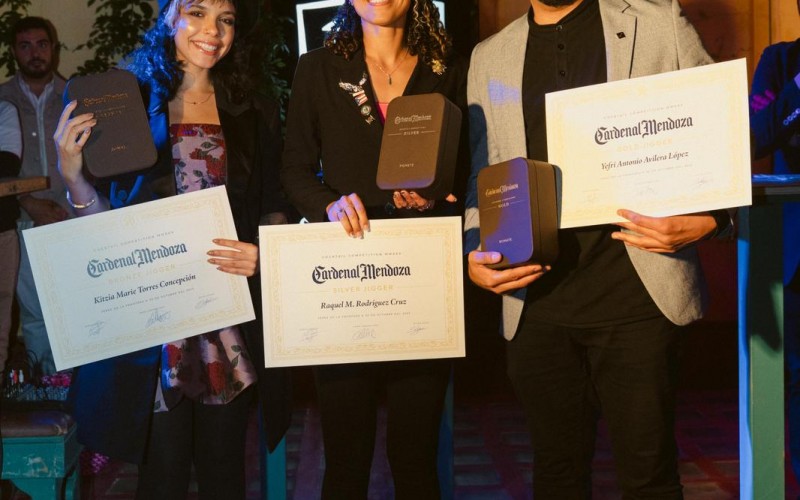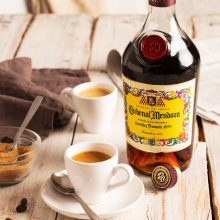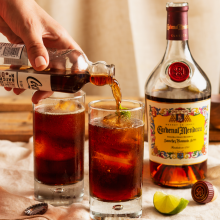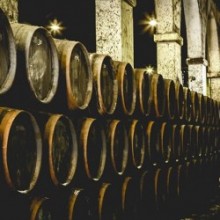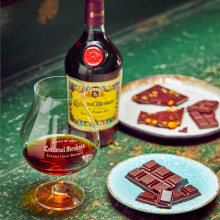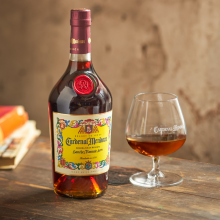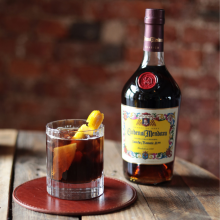Spain & Cigars - an historical love affair
The connection between Cuban tobacco and Spain is stronger than any other country and Spain imports over $16 million worth of cigars and takes 30% of Cuba’s raw tobacco exports every year.
This bond can be traced all the way back to Christopher Columbus ‘discovering’ the New World in 1492, when he returned to Spain and presented King Ferdinand II and Queen Isabella with his discoveries from his travels, including a new kind of new plant - tobacco.
The natives of the Americas were the first to cultivate and smoke tobacco, the word cigar is believed to come from ‘sikar’ the Mayan word for smoking.
It was Columbus’ contact with the Taíno, the indigenous people of Cuba, that showed him how they rolled the leaves to smoke them and Cuba has been synonymous with cigars ever since.
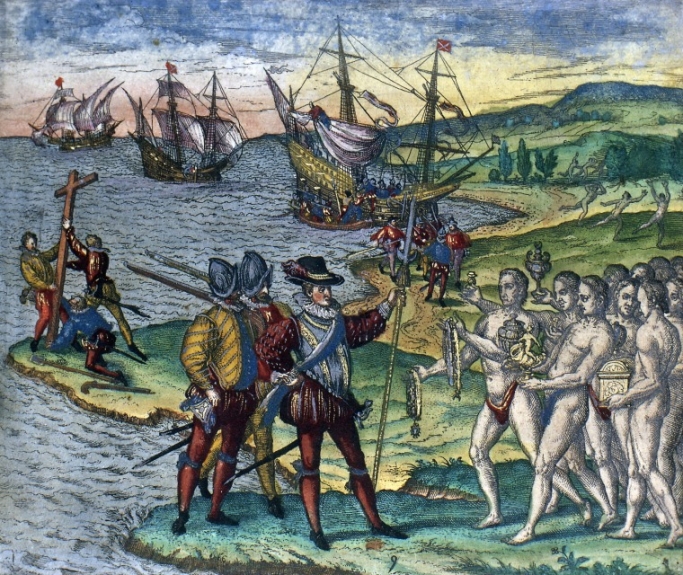
And despite the first US tobacco plantation occurring in 1612, the cigar didn’t make it to the American colonies until 150 years later, when a British officer brought back cigars from Cuba.
Smoking was quickly seen as a status symbol in Europe after Columbus’ voyages and Spain was quick to embrace the pastime. In the 19th century cigar smoking was the most common way to enjoy tobacco and despite producing home-grown attempts - from seeds and plants brought back from Cuba - it didn’t take them long for the Spanish to realise cigars produced in Cuba were vastly superior.
Due to Spain’s rule of Cuba the relationship between the two countries has always been strong and in 2000 the tie to the cigar industry became stronger when Spanish tobacco giant Altadis purchased 50% of Habanos S.A. - the arm of the Cuban state tobacco company, Cubatabaco, which controls the export of cigars.
Other countries with a similar climate produce cigars, including the United States, the Dominican Republic and Honduras - but none of them rival Cuba in the quality of cigar they produce. Like the sherry wines of Jerez, there is a unique combination of climate, tradition and skill involved in making something which cannot be reproduced anywhere else in the world.
Spain has an ongoing love affair with complex products which are full or character - whether it’s Jamón ibérico, Cardenal Mendoza or Cuban cigars - the Spanish people are discerning and won’t settle for second best.
